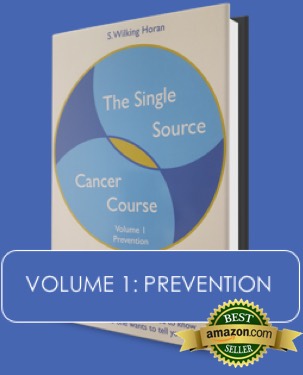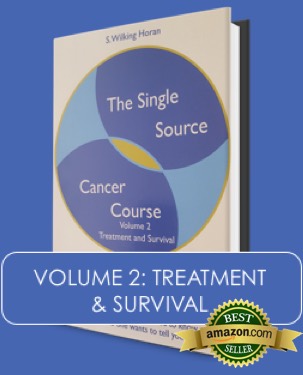 NEW HOPE FOR AN OLD FOE
NEW HOPE FOR AN OLD FOE
Hello Everyone and Welcome. On this WELLNESS WEDNESDAY we’re going to discuss another specific Cancer that is once again in the news. This cancer affects the brain, it’s very difficult to treat and it’s known as GLIOBLASTOMA.
Long-time Public Servant and Arizona Senator John McCain fell this week to Glioblastoma after battling it for over a year. Similarly, in 2009 Massachusetts Senator Ted Kennedy lost his battle with the same cancer.
And, in 2015 I lost a close personal friend to Glioblastoma as well. It was then that I wrote my first Blog on the disease.
So, today I want to repeat a portion of that Blog with an emphasis on a new treatment that brings a bit of hope to a dismal diagnosis.
**********
To begin, one of the most aggressive cancers affecting individuals today is known as glioblastoma. This is a brain tumor that to date has been very difficult to treat and overcome. Many patients diagnosed with this type of cancer are not expected to live more than a year or two after receiving their diagnosis. And, this is a topic close to my heart as a long-time friend of mine was diagnosed with this disease a year ago this month.
A recent study, however, promises new hope for treating this disease — and it comes in the form of a tetanus shot. Now, most of us know that tetanus, also known as lockjaw, is an infection characterized by muscle spasms — the most common of which begin in the jaw. This infection is caused by clostridium tetani – a bacteria that enters the body through a wound or cut in the skin. Fortunately, vaccines for tetanus are commonplace and routinely recommended for both children and adults.
In this ground-breaking study, patients with glioblastoma underwent the typical treatments of surgery, radiation and chemotherapy, after which they received an ordinary tetanus-diphtheria shot. Simply put, this strategy known as a dendritic-cell vaccine — teams the tetanus shot with the patient’s own blood cells to super-charge the body’s immune system. The results were clearly positive, especially for patients who received a second mini-dose of tetanus vaccine. Indeed, four survived two years, one survived five years, one survived six years — and another is now approaching nine years. And, this is for a cancer for which the survival rate can be less than one year.
Of course, these results need to be substantiated by additional studies and research. But for now, let’s offer a hearty congratulations to all who initiated and participated in this significant accomplishment.
Hope is a wondrous thing. And, information and knowledge are key components in our battle against cancer. As we remember those who have fought and lost the battle, let’s move forward with dedication and proactive initiatives to ensure more of us win the battle in the future.
Once again, dear Bob, this post is for you and for all those who continue the Good Fight.
Thanks again for joining me everyone. Until next time, stay in GOOD HEALTH and . . .



Leave a Comment